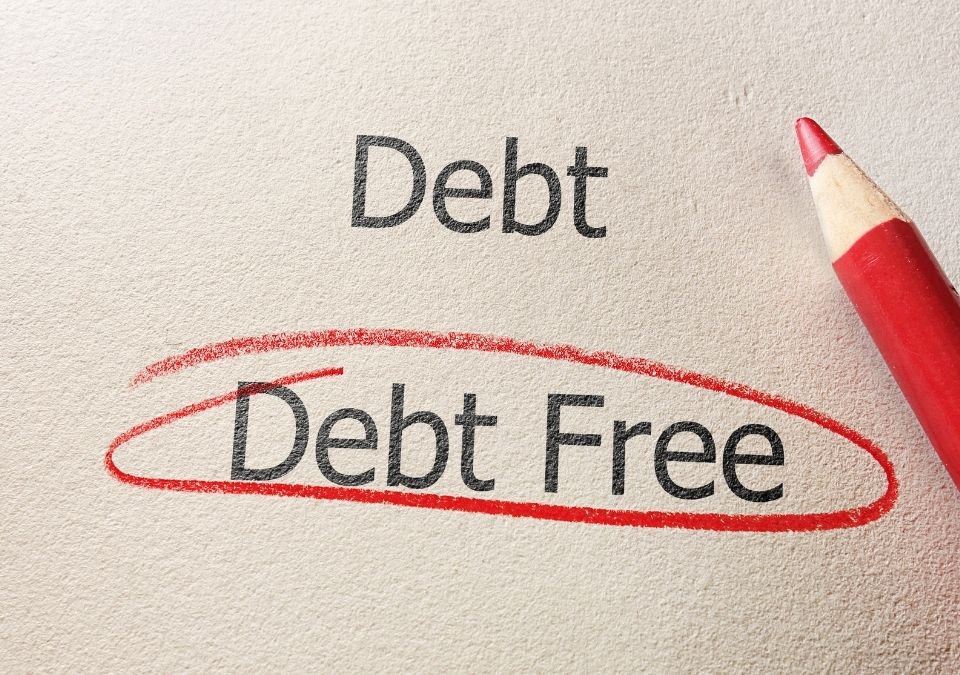There are many different types of debt out there and it is likely that you have owed money in your lifetime. This can be anything from a HECS debt or student loans, a mortgage, car loans or credit card debt.
Australians are always accumulating debt, with research showing that Australians owe more than they do earn. The average household debt is currently around $245,000.
Having debt can have advantages, however, only if you master good debt management and you are prepared for any unexpected events that can leave you vulnerable.
Five tips to mastering your debt
1. Track your debts
To efficiently master managing your debts, a good starting point is to list all the providers you are owing, how much money you owe and the interest. Whilst this may seem tedious, it will help you gain a realistic view of where your money is going. You will understand how much money you need to pay back, as well as how the different interest rates and provider fees can affect the amount you need to pay.
2. Compare your earning, owing and spending
Once you have gained a realistic view of how much you owe in debt, you now break down your earning, owing and spending. From this, you can create a budget to identify where there is room for improvement and where you can save a little bit extra.
It is important to note down the following:
- Your earnings – any money coming in
- Your expenses – essential expenditures such as groceries, rent and bills
- Your additional spending – non-essential expenditures like eating out or subscriptions
- Amount left over
3. Consolidate loans where possible
When you have multiple debts, this can mean multiple fees and interest charges. To consolidate debts into a single loan with a lower interest can be a suitable option, helping you save money where possible.
Managing your debt becomes easier when you consolidate loans as it becomes one payment – you will be making one repayment rather than tracking several. This method is only effective if you make repayments on time, otherwise you will be charged more in fees and interest.
4. Paying your debts on time is essential
Mastering your debt management goes hand in hand with time management. Paying your debts on time can prevent any further charges such as late fees or interest charges. Late payments can affect your credit report; this document includes your personal details, the types of credit you’ve applied for and any details about your repayment history.
Consider using alerts to remind you when these payments are due or choose the direct debit payment method.
5. Choose to pay the full amount outstanding on credit cards
When you are making repayments on credit cards, you will receive the two options; to pay the full amount owing or a minimum amount.
It may be tempting to pay the minimum amount, however you will pay high rates of interest on a credit card balance that is left over which means it will take you much longer to pay off the debt. If you are able to pay the full amount, you typically will not be charged any interest at all.
If you want help keeping up with your repayments, we can help you master your debt. Contact the W M Wright & Co team today on (02) 4721 7444.

